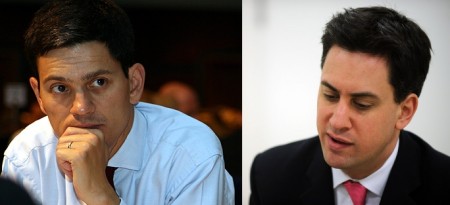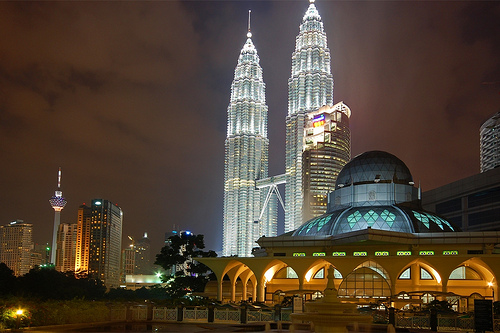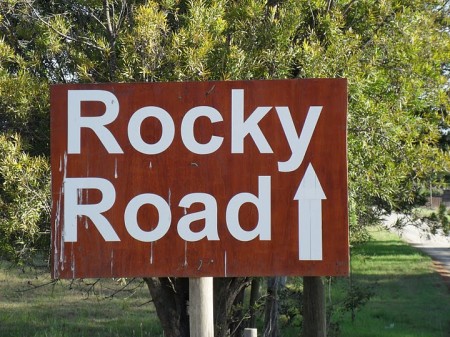
Most of us know a bit about sibling rivalry. Of course politics has never needed the familial part to inspire rampant competition and skullduggery. Nonetheless a number of siblings have managed to coexist while holding political office, John and Bobby Kennedy spring to mind along with the more recent Kaczynski twins in Poland. Few, though, have ever had to run against each other for their party’s top job.
For that challenge just ask David and Ed Miliband, the brothers whose participation in the British Labour party’s leadership election has consumed media coverage in a race with apparently few other marketable qualities. All we know for sure, or so the pundits would have you believe, is that the new leader will be a Miliband. The all important forename will be announced this Saturday 25 September when the campaign draws to a close.
It is perhaps unsurprising that, in a campaign that was meant to be about long-term goals and principles, much of the debate has descended into a reassessment of New Labour after its 13 years in power and recent electoral humbling. The Milibands have given their own variations on the past with ex-Foreign Secretary David (in some quarters known as the ‘heir to Blair’) taking a predictably more centrist position on the issues. For his part, Ed as the former Climate Change Secretary has carved out a position on the left of the field, despite his close links to former PM Gordon Brown, and set out plans that resonate with more traditional Labour voters.
Despite the inevitable focus on Labour’s economic stewardship, it is in international affairs and the perceived loss of moral authority where the party’s malaise poses the greatest challenge – both for the new leader and for the cause of balanced political debate.




